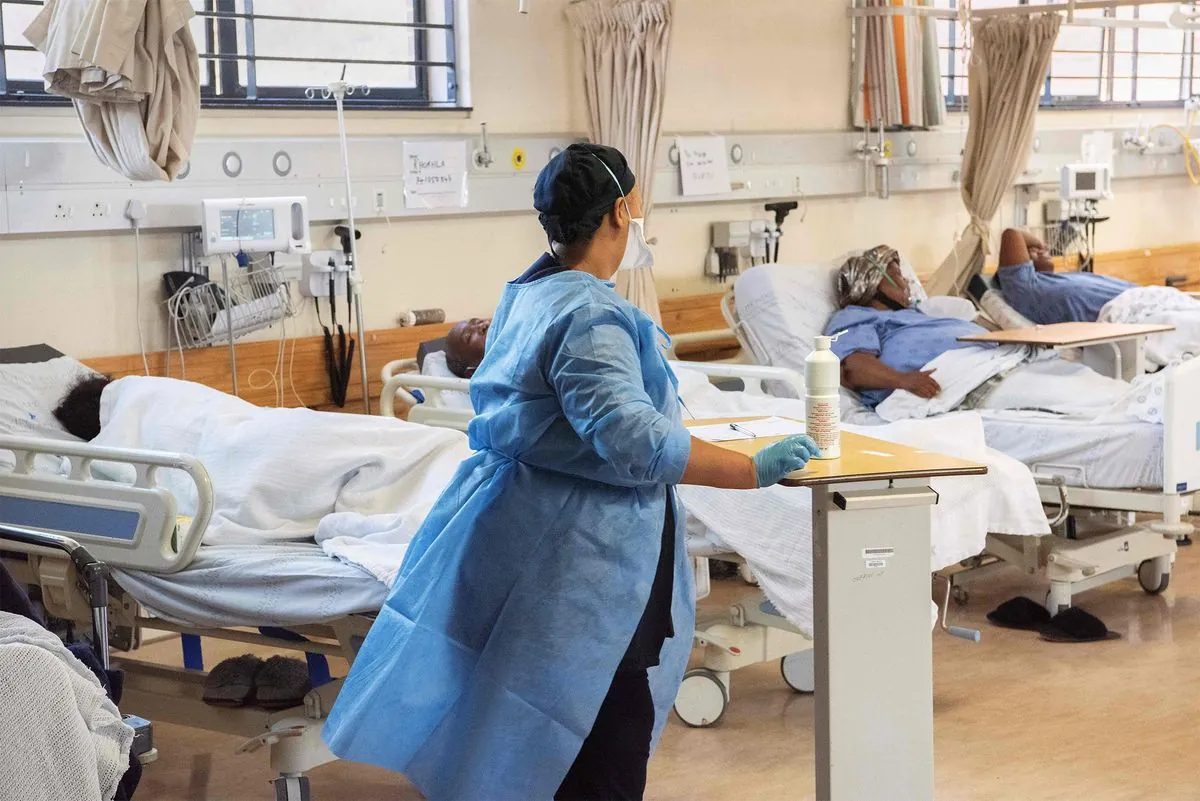South Africa Pushes Forward with National Health Insurance Plan
South Africa advances implementation of controversial National Health Insurance bill, aiming for universal coverage. Government proceeds despite opposition, emphasizing equal access to quality healthcare for all citizens.

South Africa is forging ahead with its National Health Insurance (NHI) plan, a move that has sparked both support and opposition. President Cyril Ramaphosa reaffirmed the government's commitment to implementing the NHI bill, which aims to provide universal healthcare coverage to all South Africans.
The NHI bill, signed by Ramaphosa approximately 15 months ago, seeks to overhaul South Africa's current two-tier healthcare system. This system, a legacy of the country's apartheid era, has contributed to significant healthcare disparities. South Africa currently spends about 8.5% of its GDP on healthcare, yet faces a quadruple burden of disease including HIV/AIDS, tuberculosis, non-communicable diseases, and violence-related injuries.
Health Minister Aaron Motsoaledi outlined plans for immediate implementation of transitional mechanisms, including the establishment of advisory committees and amendments to existing health-related laws. The NHI aims to gradually limit the role of private insurance and create a public fund to provide free access to healthcare services for all citizens.

Proponents of the NHI view it as a crucial step towards addressing inequality in healthcare access. South Africa, with a population of approximately 60 million, has one of the highest rates of income inequality globally. The country's private healthcare sector currently serves about 16% of the population but accounts for nearly half of total healthcare spending.
However, the NHI faces significant opposition from various stakeholders, including private health insurers and some political parties. Critics argue that the proposed funding model may not be sustainable, given South Africa's high unemployment rate of around 32% and its mixed economy, which is the second largest in Africa.
"The NHI continues to be a sticking point for the coalition government and discussions on it will continue."
The government acknowledges that the implementation of the NHI will be gradual and may face legal challenges. Motsoaledi emphasized the importance of listening to stakeholders' concerns while also ensuring that the voices of the primary beneficiaries - the poor and underserved - are heard.
As South Africa moves forward with this ambitious healthcare reform, it faces the challenge of balancing the need for universal coverage with the realities of its economic situation and existing healthcare infrastructure. The country's shortage of healthcare workers, especially in rural areas, and its ongoing efforts to manage one of the world's largest HIV treatment programs, add complexity to the implementation of the NHI.
The success of the NHI will be crucial in addressing South Africa's healthcare challenges, including improving the current life expectancy of around 64 years and ensuring equitable access to quality healthcare across its diverse population, which communicates in 11 official languages.


































